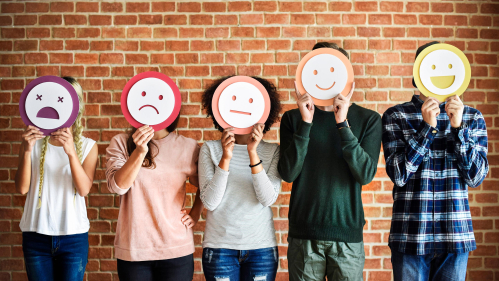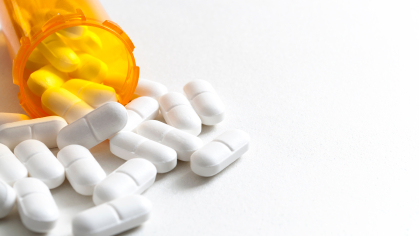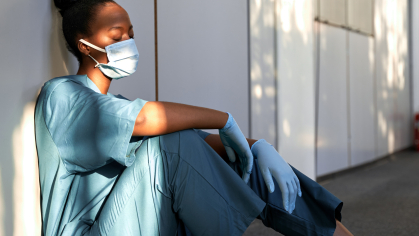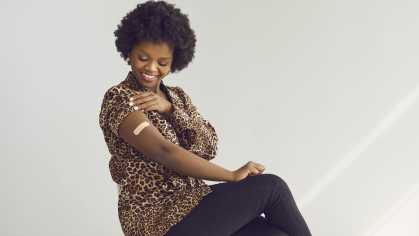Maintaining Emotional Health and Wellbeing During COVID-19

A year after the pandemic outbreak a Rutgers expert describes the signs of emotional distress and the steps to treat it
As the pandemic enters its second year, the toll on emotional health is still being felt across country.
According to a recent Pew Poll, three-in-ten people say the COVID-19 outbreak has changed their lives in a major way, with 21 percent of U.S. adults still experiencing high levels of psychological distress a year later.
Stephanie Marcello, chief psychologist at Rutgers University Behavioral Health Care, who directs workshops on emotional health, provides insight into psychological distress and says in order to recognize signs of emotional stress in others, you must first recognize your own suffering and address personal mental health issues.
What are the signs of emotional suffering?
One sign is a change in personality: Are you or someone you know not acting in a typical way? For example, people might appear angry or anxious or have trouble sleeping. They may not be participating in activities as they did in the past and could be withdrawn from their typical social interactions. Another sign is poor self-care, which can include hygiene as well as other concerns like an increase in substance use. If you recognize hopelessness, grief or guilt, you or the other person may need to seek support from a professional.
What can you do if you sense emotional suffering in yourself or others?
Your actions depend on the severity of what you see. If you notice more moderate signs of emotional suffering, engage with that person: Offer to talk or go for a walk with them and be sure to listen. If you notice signs in yourself, reach out to others for social interaction. If what you are experiencing is more severe, contact a doctor or therapist for treatment or call the National Suicide Prevention Lifeline, which provides 24/7, free and confidential support [800-273-8255]. The most important thing is to not keep your emotions bottled up and get professional help if needed.
How do you maintain your emotional health?
There are daily actions that you can take such as making your bed each morning to create structure and routine and doing self-care measures such as breathing exercises, meditation and taking a break from your computer.
Realize that it is normal and healthy to feel a sense of disconnect, sadness, anxiety and a sense of being lost occasionally. Do a self-care checklist: How did you sleep last night? What is your emotional state? How does your body feel? Routinely do positive, healthy activities: Wake up a half-hour early to savor a morning coffee or tea, remind yourself of what you are most grateful for, take the dog for a walk, keep a journal and eat healthy and hydrate during the day to take care of your body. Remember that happiness is not a constant state, but by practicing self-care you should feel a sense of peaceful, loving calm and confidence.
If you or a loved one are experiencing mental health or addiction symptoms due to the COVID-19 pandemic, call the COVID CONNECT helpline at (833) 223-0011 from Monday to Friday 8 a.m. to 8 p.m. This program is provided by Rutgers University Behavioral Health Care and the New Jersey Division of Mental Health and Addiction Services.


